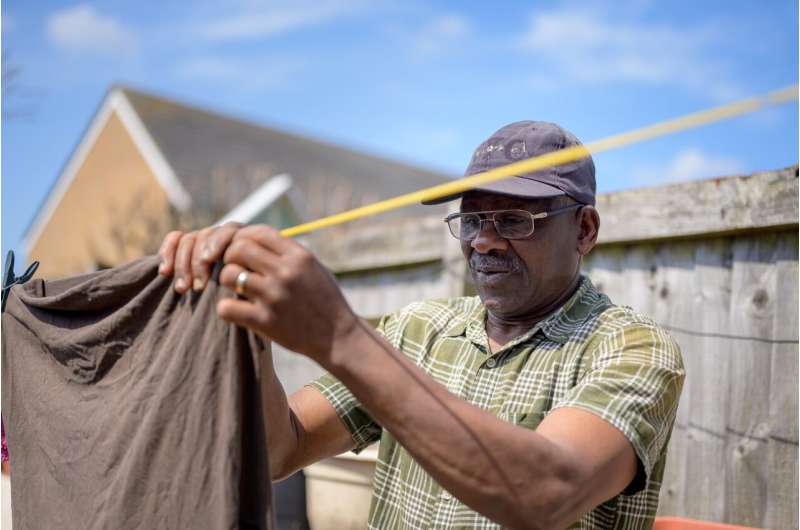Older Veterans Increasingly Use Cannabis for Pain Relief, Mood Enhancement, and Sleep Improvement

A new study reveals that over 10% of older veterans are using cannabis monthly, with a significant risk of cannabis use disorder, highlighting the need for routine screening and targeted interventions in this population.
Recent research highlights a significant rise in cannabis use among older military veterans, with data showing that over 10% of this population report using cannabis within the past month. Notably, more than one-third of these recent users meet criteria for cannabis use disorder (CUD), emphasizing the importance of addressing potential dependency issues. This trend occurs amid the broader context of aging veterans facing complex health challenges, including chronic illnesses, psychiatric conditions, and increased disability rates.
The study, published in JAMA Network Open, analyzed responses from 4,503 veterans aged 65 to 84, surveyed through structured telephone interviews conducted between 2020 and 2023. These participants represent a diverse group of over 2.5 million community-dwelling veterans under the Veterans Health Administration care. Findings reveal that about 58% had ever used cannabis, with around 10% reporting recent use. Among recent users, over half consumed cannabis on 20 or more days in a month, primarily via smoking (72.4%), with edibles also being popular (36.9%). Common reasons cited for use included managing pain (56.4%), mental health symptoms (18.4%), and sleep difficulties (16.0%).
Data analysis indicates that frequent or inhaled cannabis use significantly increases the likelihood of developing CUD, with inhaled methods associated with over 3.5 times higher odds compared to edible consumption alone. Vulnerable groups identified include individuals aged 65 to 75, those experiencing anxiety, and veterans with limitations in daily functioning or recent illicit drug use.
Given the high prevalence of cannabis use and its association with potential dependency, researchers suggest that the Veterans Health Administration re-evaluate the current stance against routine screening in clinical settings. Identifying cannabis use among older veterans can facilitate early intervention, including referrals to evidence-based treatments like cognitive behavioral therapy or contingency management, which are already available within the VA system.
This evolving pattern underscores the need for clinicians to understand cannabis's role in managing pain, mood, and sleep issues among older adults, ensuring safe and effective use while monitoring for possible adverse effects related to CUD.
Stay Updated with Mia's Feed
Get the latest health & wellness insights delivered straight to your inbox.
Related Articles
New Subtype of Diabetes Discovered in Sub-Saharan Africa and Among Black Americans
A groundbreaking study uncovers a new form of diabetes in Sub-Saharan Africa and among Black Americans, characterized by non-autoimmune mechanisms, offering hope for more targeted treatments and improved patient outcomes.
Innovative Light and AI-Based Biosensor Promises Early Cancer Detection
A new AI-driven biosensor utilizing light signals enables highly sensitive and rapid early detection of cancer through blood sample analysis, promising advancements in diagnostics and personalized medicine.
Majority of Donor-Conceived Children Are Informed of Their Biological Origins, New Study Finds
A new study shows that most parents of donor-conceived children disclose their origins early, supporting healthy identity development in children.
New Insights into Toxic HIV Protein Lead to Innovative Clinical Trial
Research at the University of Montreal uncovers a toxic HIV protein, gp120, and its role in immune system damage, paving the way for new treatment strategies and a clinical trial aiming to improve health outcomes for people living with HIV.



